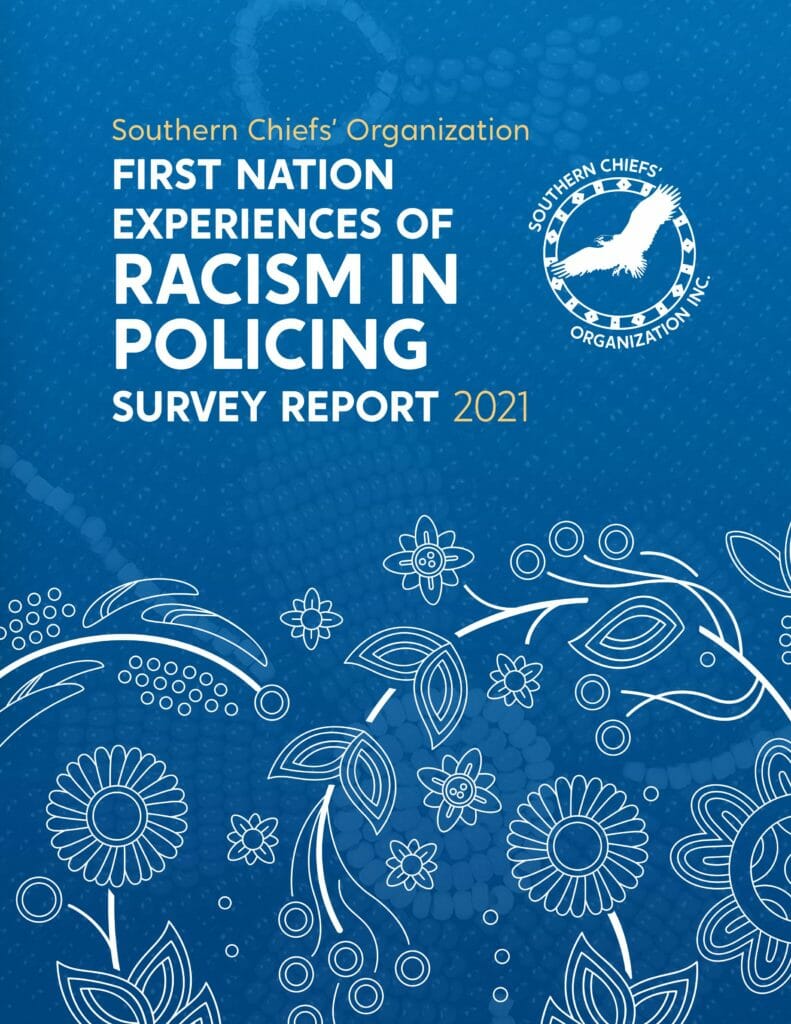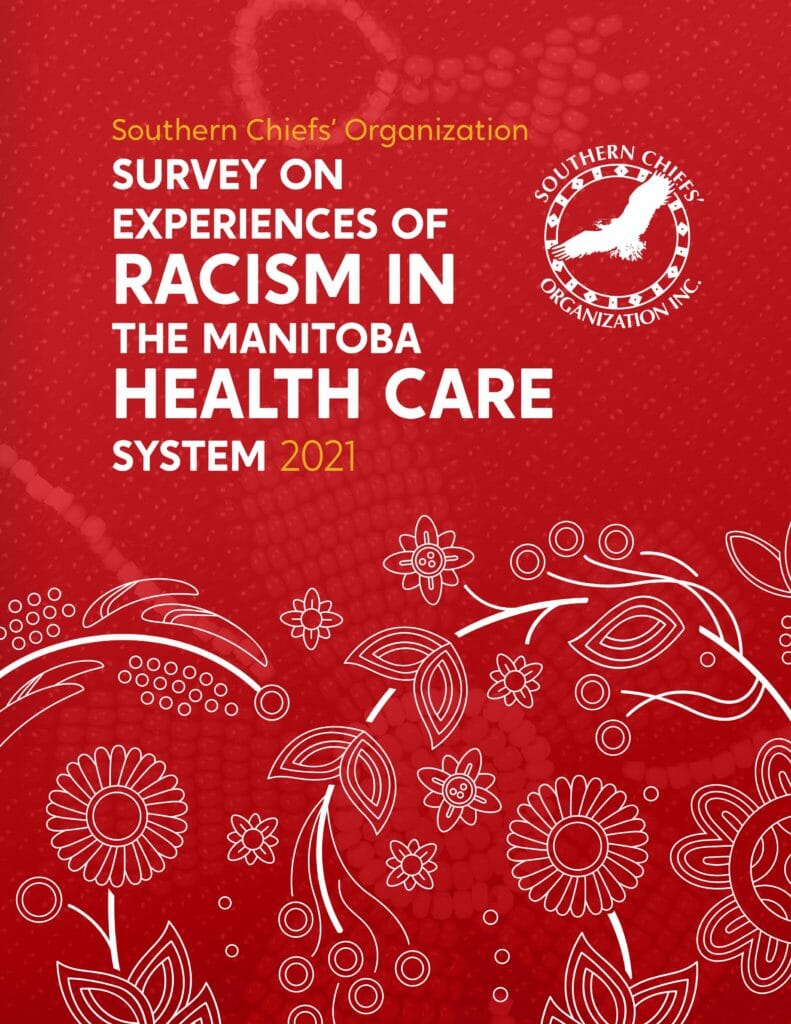What is Racism?
When First Nation people are judged and treated unfairly or differently simply because they are First Nations that is racism. Racism is built on incorrect beliefs that one race or group of people is better or worse than another.
Systemic racism refers to the ways that white supremacy is reflected and upheld in the systems in our society. It looks at larger structures such as education systems, health care systems, policing, and justice systems, rather than individual biases and behaviours.
All these systems are built with an already ingrained bias, a racist and discriminatory lens that doesn’t provide or allow for equal or fair opportunities for racialized peoples to succeed.
In a settler colonial state like Canada, the systems that were put in place at the creation of the country benefited colonists and disadvantaged Indigenous peoples. The state took land away from Indigenous people all across Turtle Island to create wealth and opportunities for settlers. Much of our society today continues to reinforce this power dynamic.
It is time for change.
Racism in Policing
In order to better understand the extent of racism in Manitoba’s police services and its impacts on southern First Nations, the Southern Chiefs’ Organization (SCO) launched the SCO First Nation Experiences of Racism in Policing Survey, which was open to all First Nation citizens in Manitoba.
More than 700 responses were received, and the survey report provides a snapshot of the experiences of First Nation people with racism in Manitoba’s policing system. It demonstrates how racism among police services in Manitoba is experienced, showing a pattern of prejudice, mistrust, intimidation, and even violence.
The vast majority of respondents, over 88 per cent, agreed with the statement: “Racism is a problem in policing in Manitoba.” This assessment comes mainly from personal experience, with over 90 per cent of respondents reporting to have had at least one personal experience with police in Manitoba. One respondent reported that “If your skin color is brown you have no chance … your[sic] guilty until proven innocent. They will even fight to prove you did it when you have proof, you weren’t anywhere near the area.”
More than 70 per cent of respondents report experiencing racism firsthand, and more than 81 per cent report that a family member has also experienced racism when dealing with police. One respondent shared that when they reported to police that their sister had been missing for a week, one of the attending officers said “she’s probably just on a bender or maybe she’s sleeping it off somewhere.”
More than 66 per cent of respondents reported that they have actively avoided seeking help from police in Manitoba due to experiences of racism. Many shared that they have been treated as though they were the criminal, when in reality they were the victim of a crime and looking for help from the police.
When it came to use of force, the vast majority of respondents, over 75 per cent, either disagreed or strongly disagreed with the statement that police in Manitoba use force appropriately. Many shared stories of excessive use of force against them or a loved one.
To read the full report, click here.
Racism in Health Care
Overwhelming evidence of systemic racism towards First Nation people has been found in a Racism in Health Care Survey (PDF) conducted in December of 2020 and January of 2021 by SCO on Manitoba’s health care system. Seventy per cent of respondents in the study report that they have experienced instances of racism when accessing services and programs in the Manitoba health care system, and nearly 80 per cent report witnessing a family member or loved one being discriminated against or treated badly because of their race. An overwhelming majority, 92 per cent of survey respondents, either agreed or strongly agreed with the statement that racism is a problem in Manitoba’s healthcare system. More than half of respondents are deterred from seeking medical help due to experiences of racism within the health care system.
These statistics on racism have real world outcomes for First Nation people in Manitoba. A 2019 joint study from the First Nations Health and Social Secretariat of Manitoba and the Manitoba Centre for Health Policy at the University of Manitoba found that First Nation people in Manitoba have a life expectancy that is on average eleven years shorter than non-First Nation people, and that the gap is growing.
Additional Resources
- White Fragility: Why It’s So Hard for White People to Talk about Racism – Robin DiAngelo
- VIDEO – Robin DiAngelo on White Fragility
- Why I’m No Longer Talking to White People About Race – Reni Eddo-Lodge
- Indigenous Writes: A Guide to First Nations, Metis & Inuit Issues in Canada – Chelsea Vowel
- Is Everyone Really Equal? An Introduction to Key Concepts in Social Justice Education – Ozlem Sensoy, Robin DiAngelo
- What is Intersectionality? – Kimberle Crenshaw
- Microagressions in Everyday Life – Dr. Derald Wing Sue and Dr. Lisa Beth Spanierman
- VIDEO – The difference between being “not racist” and antiracist – Ibram X. Kendi
- The Reconciliation Manifesto: Recovering the Land and Rebuilding the Economy – Arthuer Manuel and Grand Chief Ronald Derrickson
- Indigenous Relations: Insights, Tips, & Suggestions to Make Reconciliation a Reality – Bob Joseph, Cynthia Joseph



